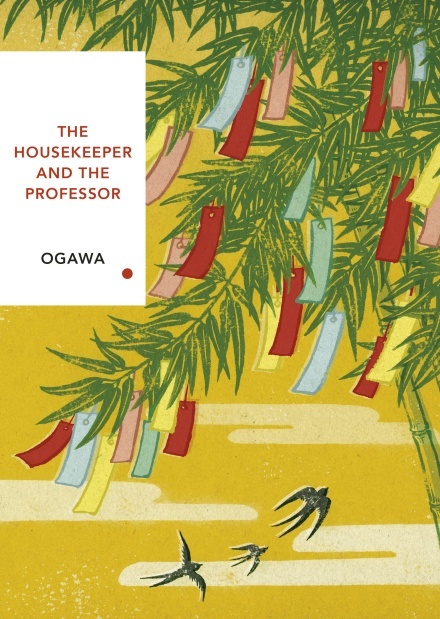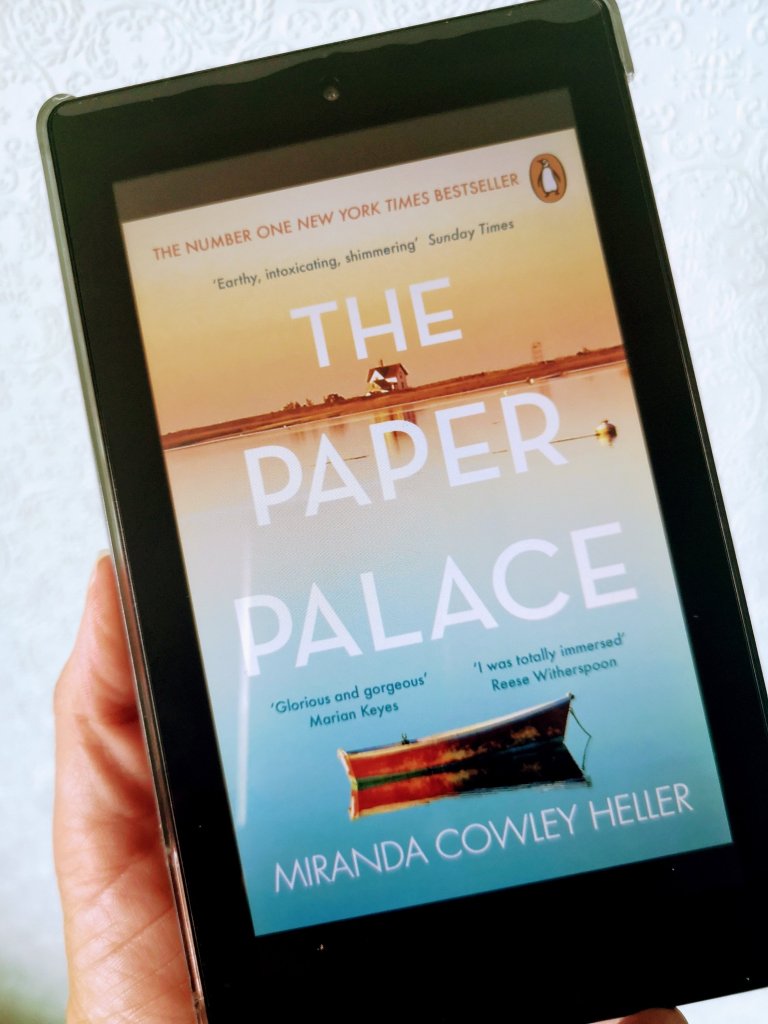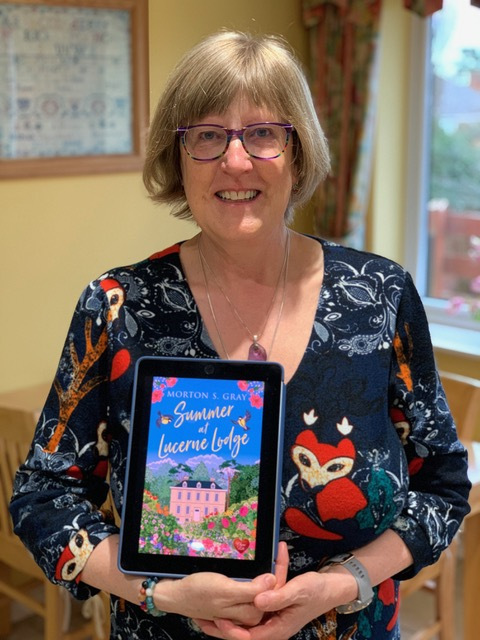
Title: The Housekeeper and the Professor
Author: Yōko Ogawa
Type: Fiction
Published: 2003
Pages: 180
TW: Memory Loss, Mention of Blood
At just 180 pages, this book will take you by surprise and capture both your heart and your mind. I adored my time reading this and it’s certainly convinced me to read more from Ogawa and serves as a poignant reminder that there is always more to life than you think, and perhaps it takes the most unexpected of circumstances to remind you of just that.
It’s nothing short of a miracle that this book somehow got me to like maths!? I’ve not studied maths since I was at school and always loathed it (preferring instead English, naturally!) but the way both the professor and the housekeeper narrated exquisitely about how numbers and formulas not only play a part in our lives but can highlight beautiful and unexpected things about it too, If you, like me, don’t have a penchant for maths, then please don’t be put off, I promise you will still enjoy the book!
It’s nothing short of a miracle that this book somehow got me to like maths!? I’ve not studied maths since I was at school and always loathed it (preferring instead English, naturally!) but the way both the professor and the housekeeper narrated exquisitely about how numbers and formulas not only play a part in our lives but can highlight beautiful and unexpected things about it too, If you, like me, don’t have a penchant for maths, then please don’t be put off, I promise you will still enjoy the book!

9.3Loveable, Emotional, Surprising
Due to an accident years earlier, the professor’s memory resets ever 80 minutes. His sister employs housekeepers but all of them fail to continue their work due to the professor’s inability to remember who they are. That is until one housekeeper (and her son) come along. Determined to not let the professor’s memory become a problem, the housekeeper does what she can to do a good job and not get in his way, he has, after all, a brilliant mind and a love for maths unlike anyone she’s ever seen. Then one day, when her son visits the house and the professor comes alive at the sight of him, she realises that maybe a little family is what he’s needed all along.
I’ve read The Memory Police, also by Ogawa, and while these are strikingly different books, what’s interesting is her choice to leave the characters in both unnamed. The only name we see in this book is the housekeeper’s son, who the professor playfully calls Root because of the shape of his head, but that is not his actual name. Honestly I could speculate about why Ogawa chose to do this, but I’m not sure I’d be able to guess correctly? Perhaps it’s just so we can concentrate on the beauty of their relationships with each other and the love for maths they all come to share.
Review overview
CHARACTERS9.5
QUOTABILITY9
Summary
“He treated Root exactly as he treated prime numbers. For him, primes were the base on which all other natural numbers relied; and children were the foundation of everything worthwhile in the adult world.”






